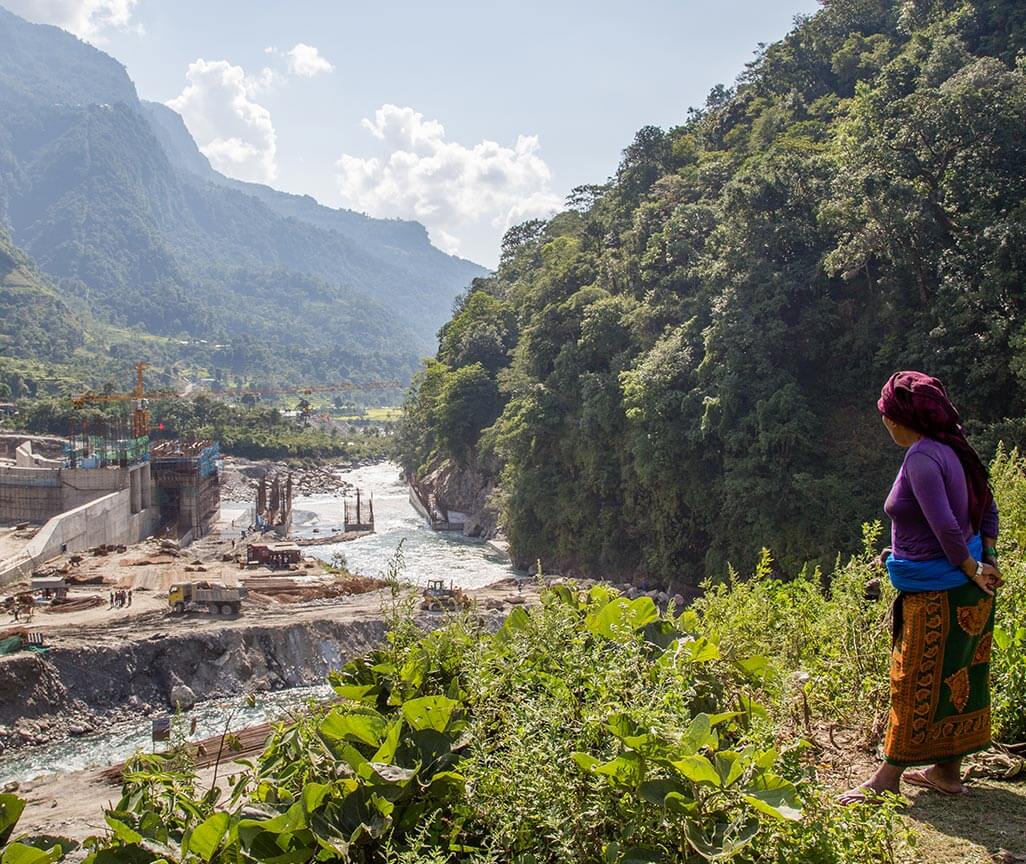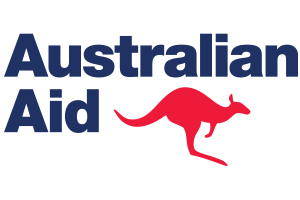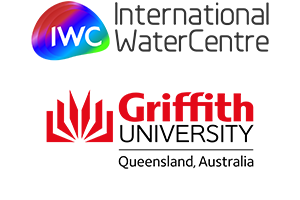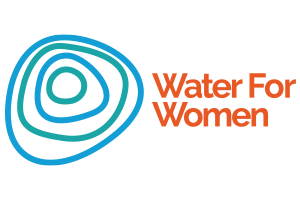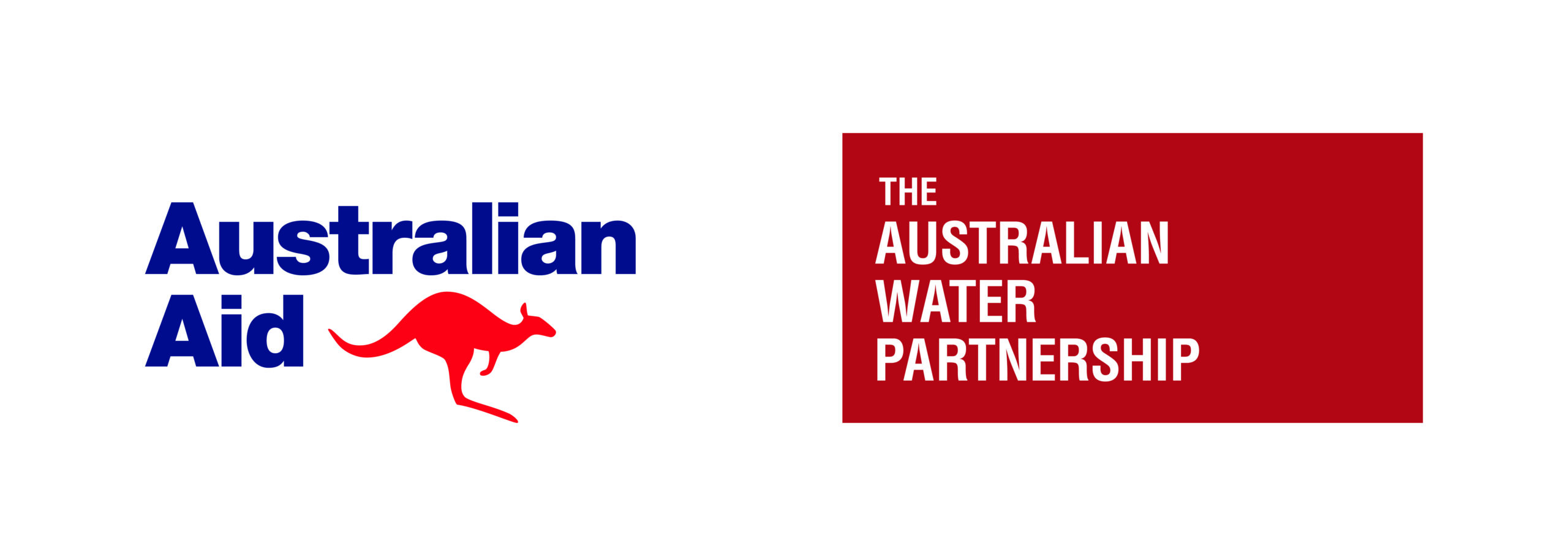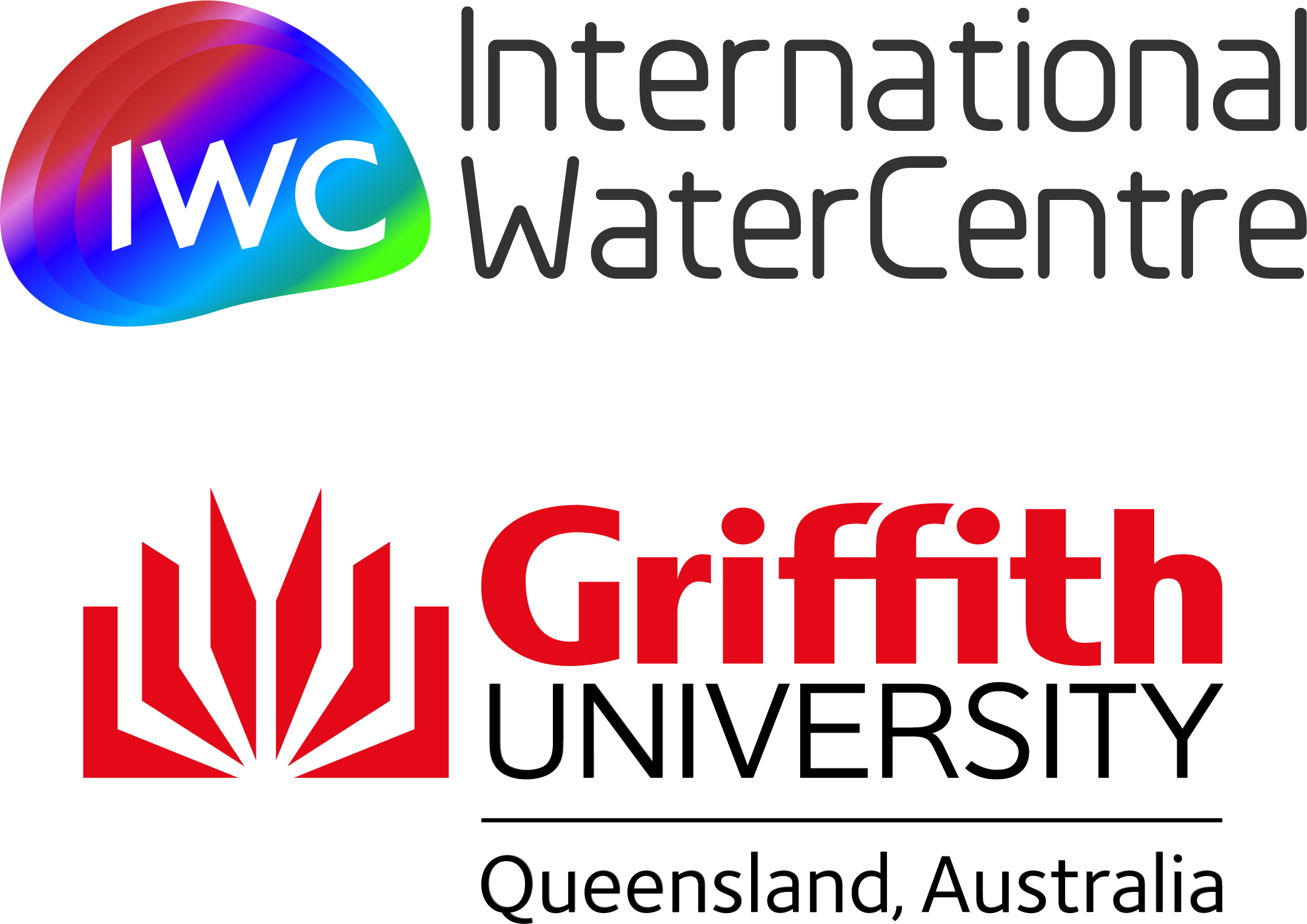The ongoing COVID-19 pandemic emphasised the critical role of safe personal hygiene, especially hand hygiene, as an essential preventative health intervention for mitigating some of the impacts of infectious diseases. It also highlighted the ongoing inequities in access to hygiene services, the need for longer-term responses and the increased pressure placed on health services. With the increasing impacts of climate change, natural disasters and water security challenges influencing people’s attitudes and access to water used for hygiene, these issues will be compounded.
WASH actors in the full range of WASH settings, from health facilities and schools to public places, communities and cities, will need to be able to sustain safe hygiene practices during these emerging challenges and crises. This means promoting and sustaining handwashing and personal hygiene and sanitation practices, as well as water hygiene practices required for safe water consumption.
This session will focus on sharing lessons and evidence from recent experience to inform future responses towards ensuring hygiene services and behaviours that are resilient, adaptive, safe and inclusive in a climate-stressed world.
Abstracts that explore this theme are invited, including those relating to the following topics:
- Promoting good handwashing behavior or safe drinking water practices at scale
- Improving hygiene practices and infection prevention and control in health care facilities
- Improving WASH behaviours and learning safe hygiene practices in schools and public places
- Delivering hygiene messages that promote lasting behaviour change during emergencies and in increasingly water-stressed environments
- Identifying underlying norms that contribute to ineffective and unsustainable hygiene behaviours.
- Developing strategies to shift harmful gender and social norms that contribute to inequalities relating to hygiene (for example, leveraging rather than challenging norms in hygiene behaviour change campaigns).
Evidence of changed behaviours and practices associated with supported responses in the context of rapid or slow onset disaster settings will be particularly encouraged. The session may be used to inform a workshop focused on understanding the implications for future interventions that seek to improve hygiene practices and handwashing behaviour to build resilience to future health and climate related threats.

